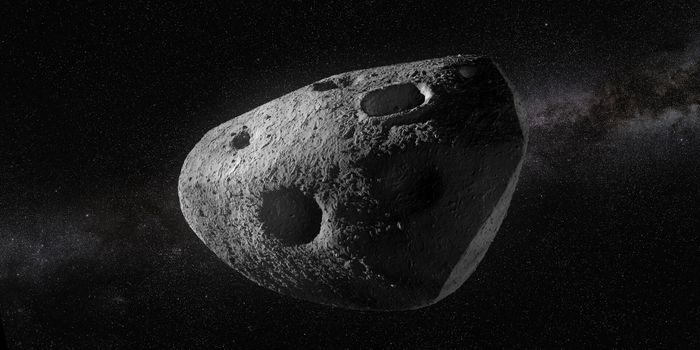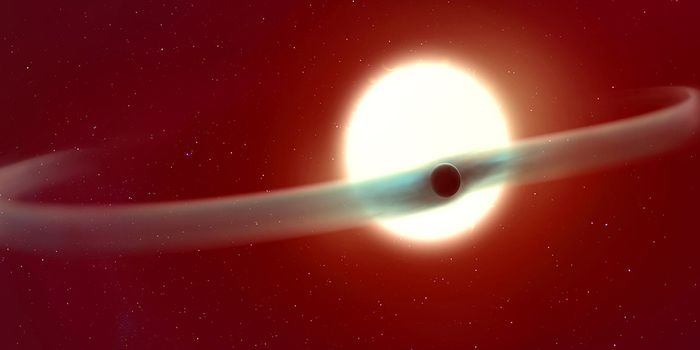Scientists Are Now Gauging Forest Growth with Space Lasers
Studying forests and gauging their growth can be a grueling and tedious line of work, especially when mosquitoes are out in full-force. For this reason, scientists are now exploring innovative new ways of evaluating the forests here on Earth, and that includes using laser measurement systems that are situated in outer space.
GEDI, short for Global Ecosystem Dynamics Investigation, is a high-resolution laser altimeter system that gathers topography information about the Earth’s tropical and temperate forests from the perspective of the International Space Station.
GEDI works by projecting laser arrays down on the Earth’s surface and then measuring the time it takes for the laser beam to bounce back – the shorter the time, the higher the altitude (and vice-versa). More importantly, GEDI can examine a stretch of up to 4.2 kilometers at a time, which provides superior data in a shorter time when compared to on-foot analyses.
With the help of these laser-based systems, scientists hope to answer ongoing questions about the Earth and its ecosystems, including those relating to deforestation and habitat degradation and how these factors influence atmospheric carbon absorption. But perhaps more importantly, lasers will give scientists the ability to gather information more accurately than ever before without needing to deal with mosquitoes or time constraints.








